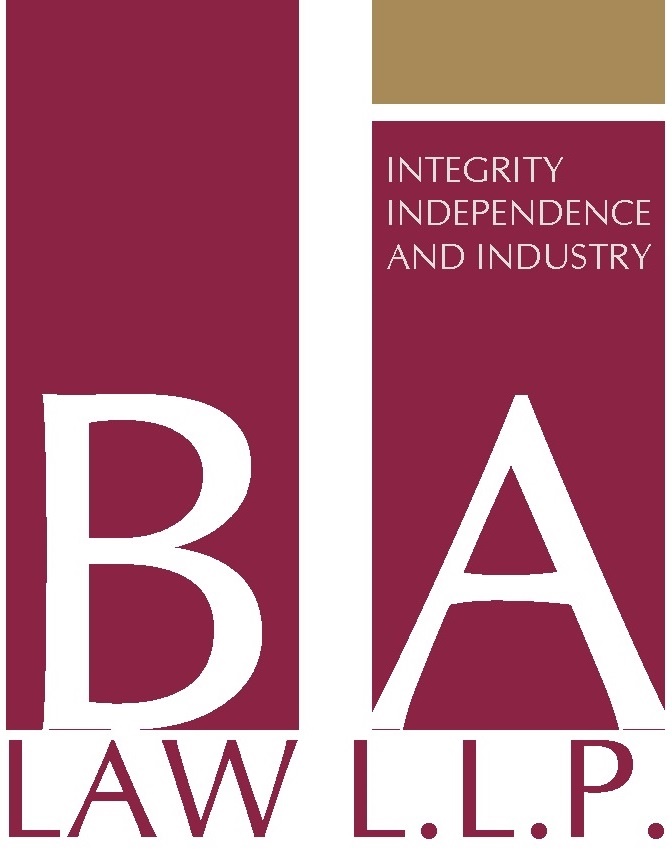[vc_row][vc_column][vc_single_image image=”1079″ img_size=”full” alignment=”center”][vc_column_text]
INTRODUCTION.
It is no longer news that the pandemic has taken its toll on businesses and their ability to perform their contractual obligations. Economies around the world are fighting the effects of the pandemic and Nigeria is not left out. At times like this businesses are scampering to find out whether or not they will be held liable for non-performance of contractual obligations occasioned as a result of the pandemic.
Force majeure is simply a clause inserted in contracts,to protect the parties, for instances where they delay or unable to fulfil their contractual obligations, as a result of events beyond their control. Force majeure events may include: ‘acts of God’, acts of a government or the public enemy, natural disasters, fire, flood, epidemics, pandemics, quarantine restrictions, strikes, war, acts of terrorism or equipment breakage.
Therefore, it is crucial to discuss if the pandemic will constitute a force majeure and what provisions parties could rely on using our extant laws in Nigeria.
Legal Implication of Coronavirus: Understanding the Doctrine of Force Majeure.
Force majeure being a term of contract must be provided for expressly in the contract. So, it is practice for parties to include acts or events which would inhibit them from performing their contractual obligations. Parties are also at liberty to state the consequences of a force majeure. This could include suspension of contractual obligation, renegotiation of terms, extension of time to fulfil obligations and possibly termination of contract.
Let’s take for example Professor Wilson, a British economist and author, has agreed to deliver a speech at a conference being organized by a Nigerian Non-Governmental Organisation. The conference is to take place in Lagos early April 2020. In line with the contract signed by both parties, professor Wilson has been paid in advance, 20,000 pounds. It was also agreed that Prof Wilson would make his own travel arrangements and bear all associated costs. Consequently, he obtained his Nigerian visa worth 3,000 pounds and spent 5,000 pounds on a non-refundable flight ticket from United Kingdom to Lagos. As a result of the travel ban, prof Wilson has had to cancel his trip to Lagos. The Nigerian NGOhas demanded a refund of the entire 20,000 pounds paid to prof Wilson. The NGO has also threatened to sue him for breach of contract if he does not pay up within a month.
The Essential points for Professor Wilson to note, with regards to Force Majeure Provisions, are:
• Force majure provisions must be expressly contained in a contract and not implied. Where a contract does not specifically provide for force majeure then force majeure cannot be invoked.
• In the case of COVID-19, prof Wilson is more likely to succeed if he invokes the force majeure provision as it expressly covers the outbreak of diseases, epidemics or pandemic.
• The inability to perform the contractual obligation must be directly traceable to the force majeure event.
• If the contract contains a procedure that must be followed in order to enjoy the relief provided by the fore majeure provision, then prof Wilson must follow such procedure.
• Force majeure provisions will usually place an obligation on the party affected by the force majeure event to take immediate steps to mitigate its losses.
Legal Implication of COVID-19: Understanding the Doctrine of Frustration.
If the contract does not contain force majeure provisions, professor Wilson may nevertheless rely on the common law doctrine of frustration of contract. The doctrine will apply where an unforeseen event either renders a contract impossible to perform.
Where the doctrine of frustration is successfully deployed, it would result in the termination of the contract. In such circumstances, Section 8(2) of the Law Reform (Contracts) law of Lagos State provides that all sums paid to a party in accordance with the contract shall be recoverable by the person who made the payment. However, section 8(3) states that if the party to whom the payment was made has incurred expenses for the performance of the contract before the frustrating event occurred (just as Prof Wilson did) the court may, justifiably allow the retention of the portion of the sums paid to him or her that have been so expended.
Furthermore, on the protection that force majeure provisions and the doctrine of frustration may provide, some statues provide protection to parties who may find themselves on the wrong end of a consumer contract because of unforeseen events. An example is Section 120 of the recently enacted Federal Competition and Consumer Protection Act 2019, which grants a consumer the right to “Cancel any advance booking, reservation or order for any goods and services, subject to a reasonable charge for cancellation of the order or the reservation by the supplier or service provider”. A charge will be considered to be unreasonable if it “exceeds a fair amount” having regard to the nature of the goods and services ordered, booked or reserved, and the length of the notice of cancellation given by the consumer, amongst others.
Conclusion
Practical steps that businesses could take include carefully reviewing all existing contracts/agreements, prompt communication of non-performance as soon as it is clear contractual obligations cannot be performed by one party to the other party in the contract, and exploration of Alternative Dispute Resolution mechanisms over non-performance of the contracts (especially negotiation as a pre-emptive measure in order to arrive at a solution instead of litigation). Consequently, it is essential that businesses and consumers are aware of their rights under the contracts they entered into and under the extant laws so they are prepared when confronted with the inability to perform their contractual obligations as result of COVID-19.
WRITER: CHIDERA EZIKA
PUBLISHER: BA LAW LLP.
[/vc_column_text][/vc_column][/vc_row]

